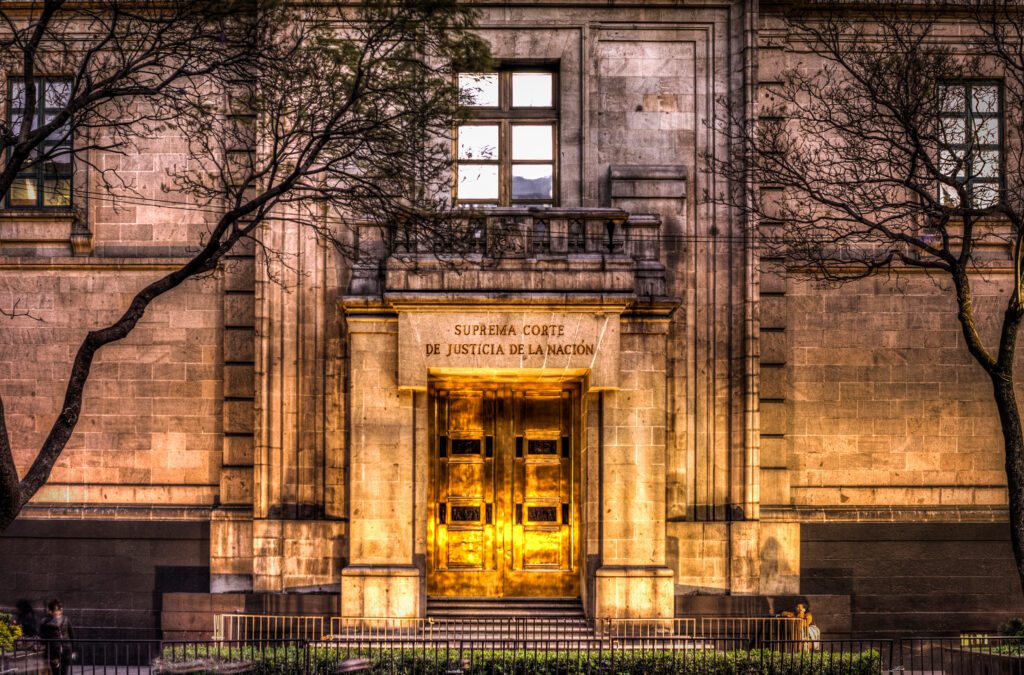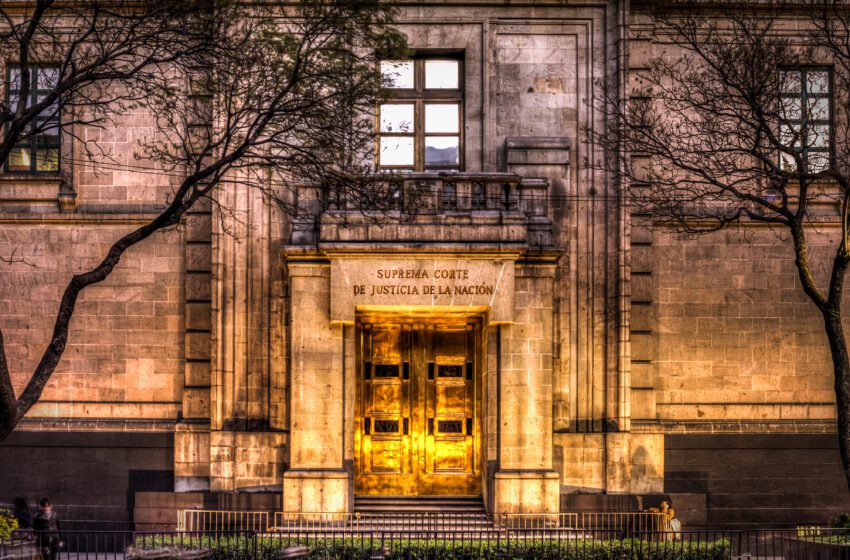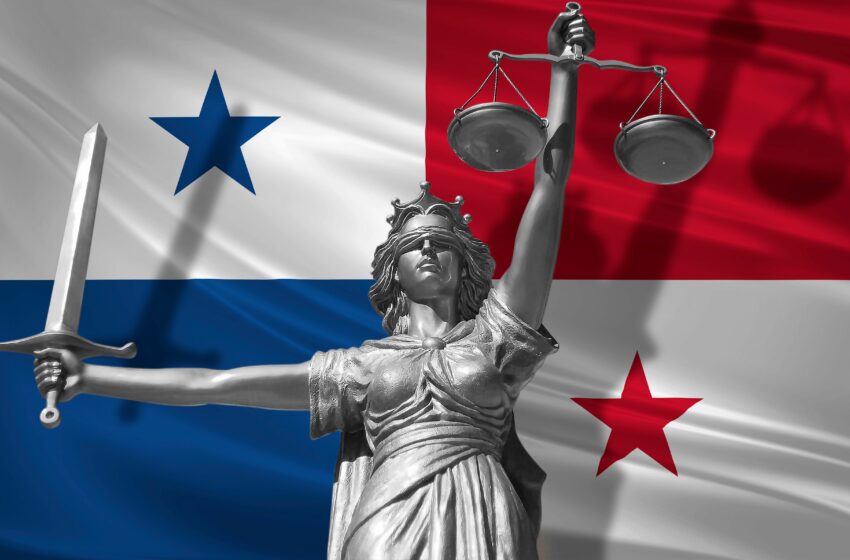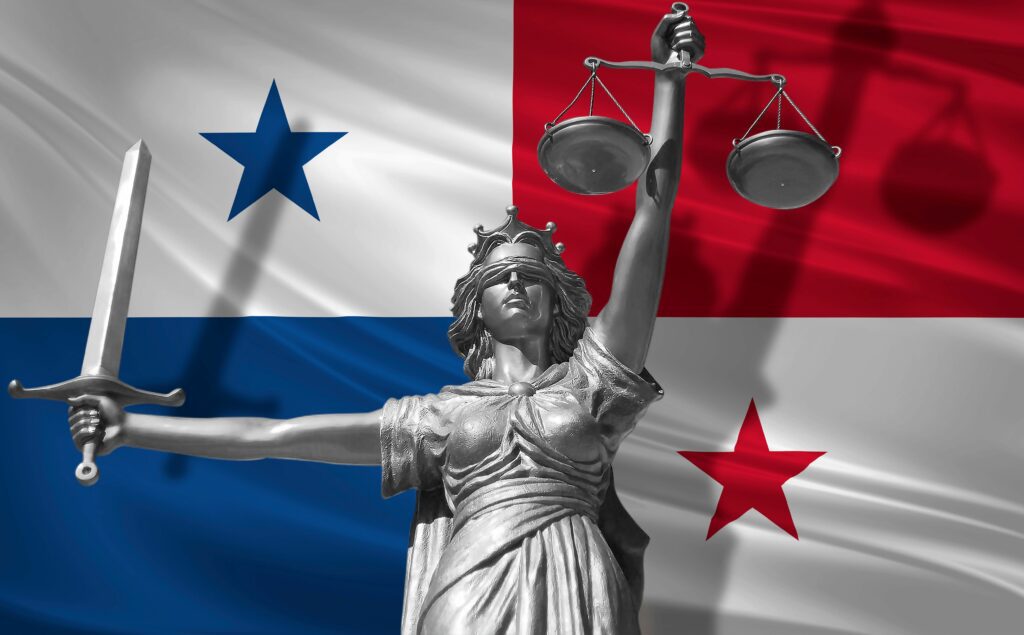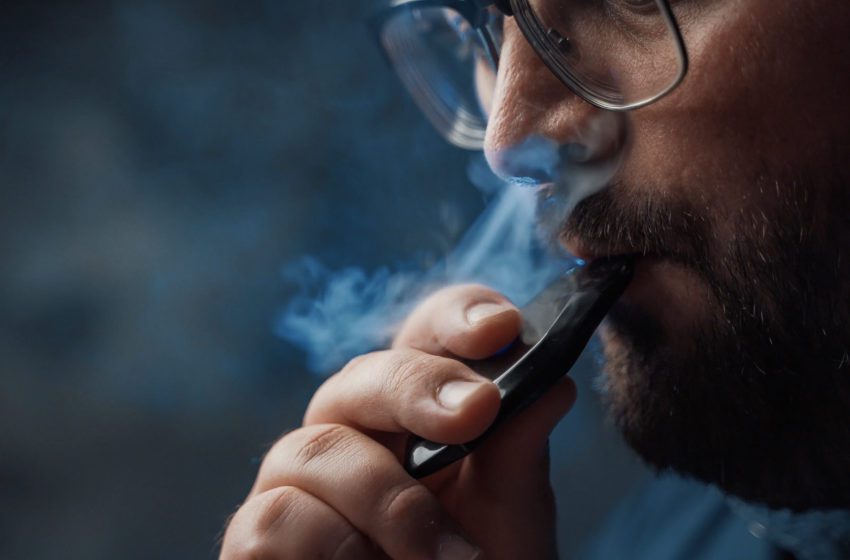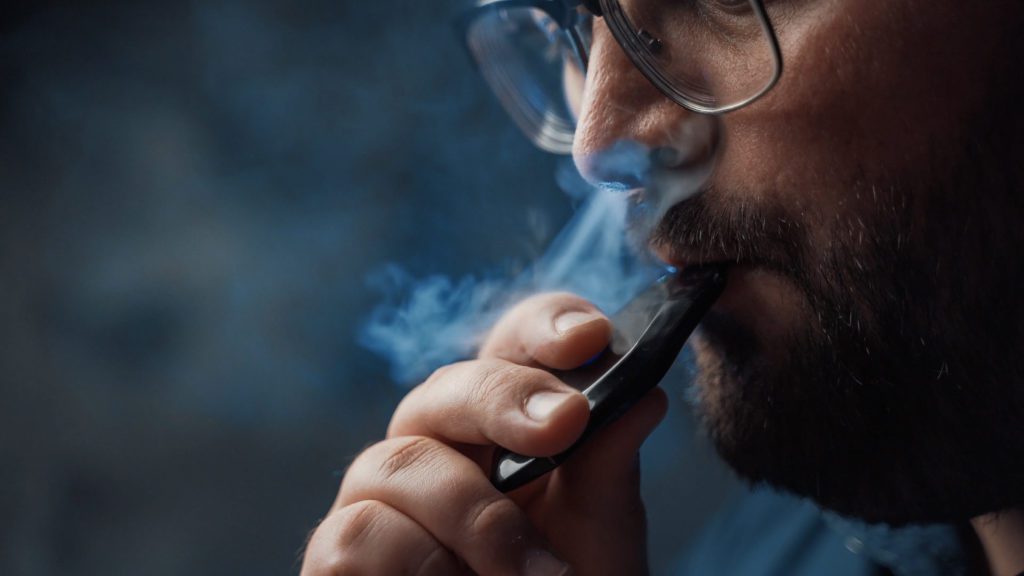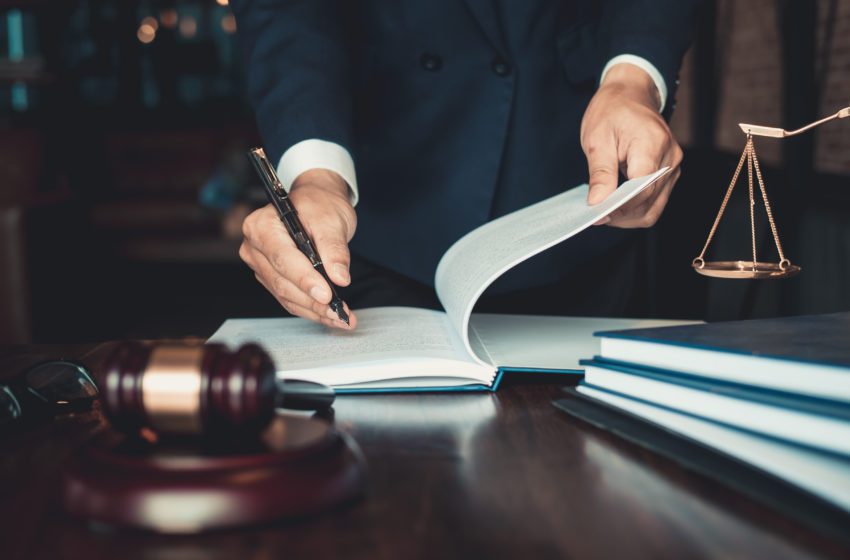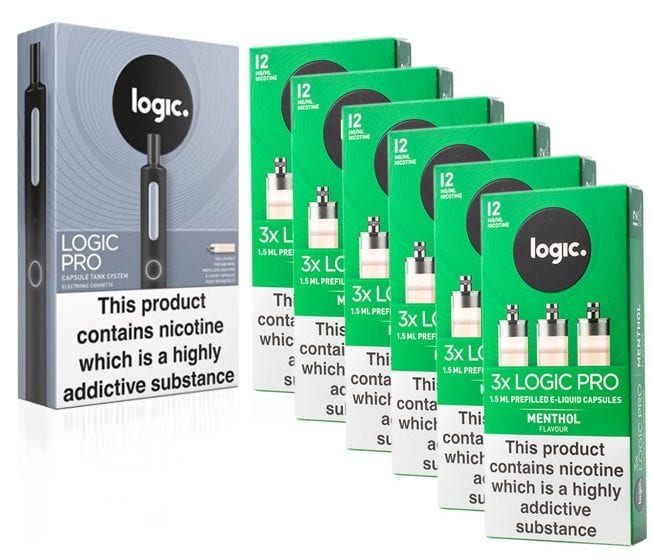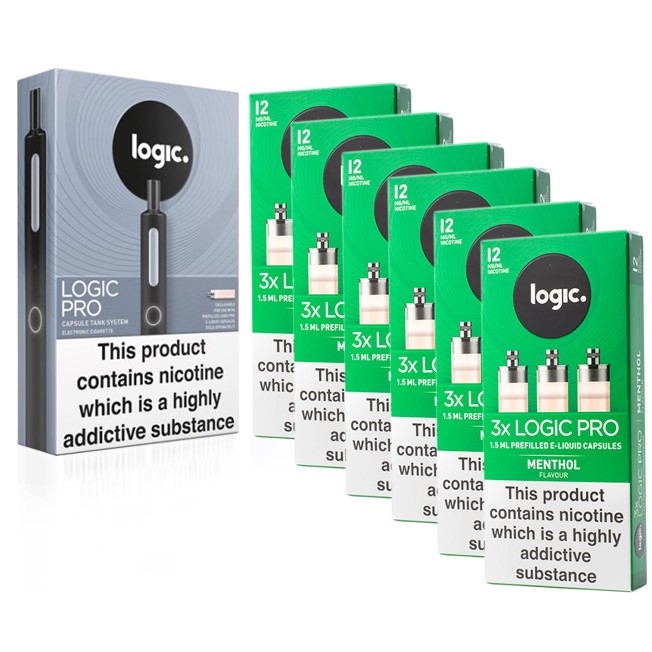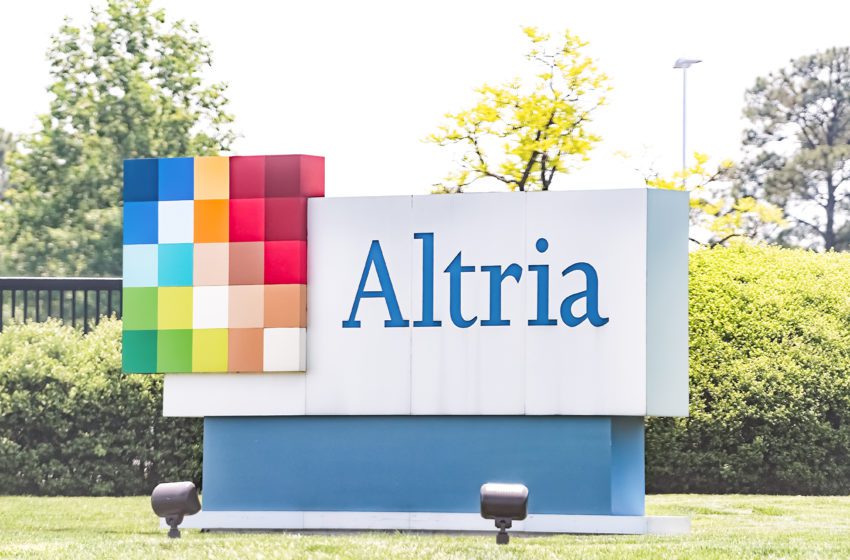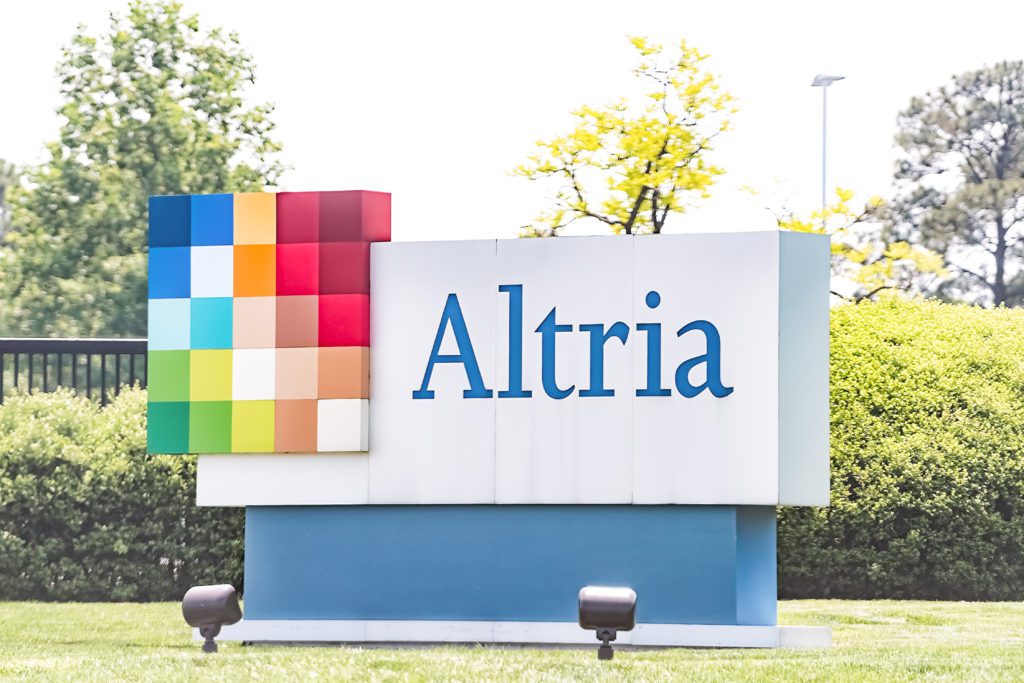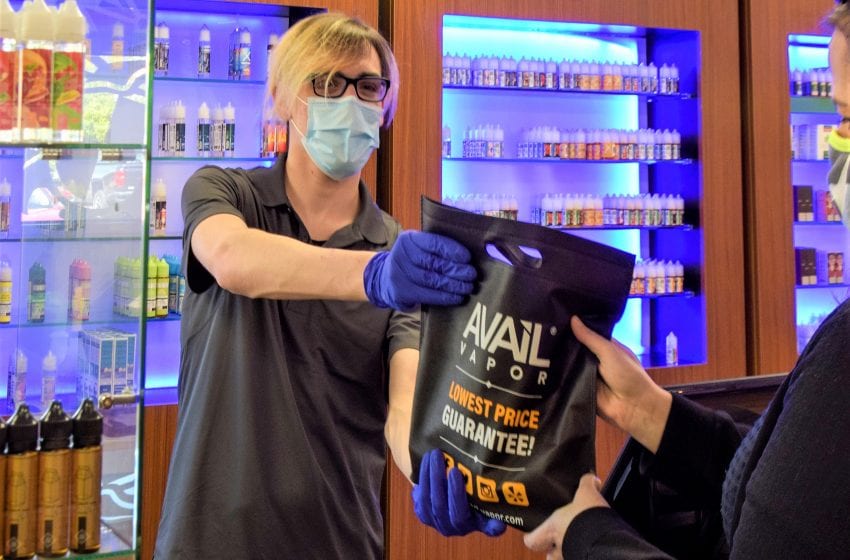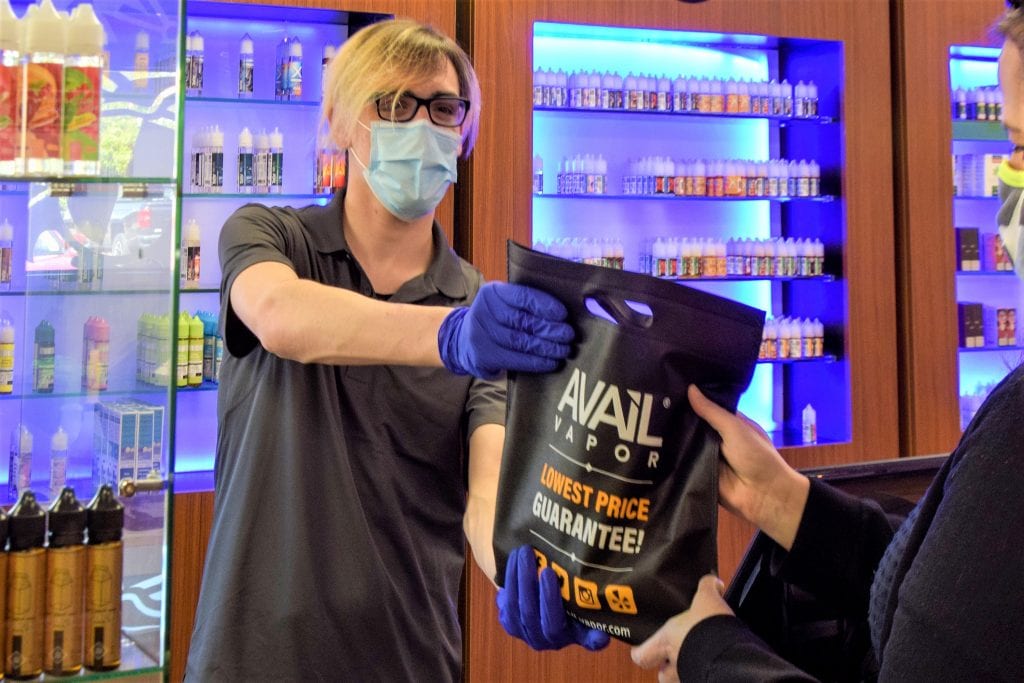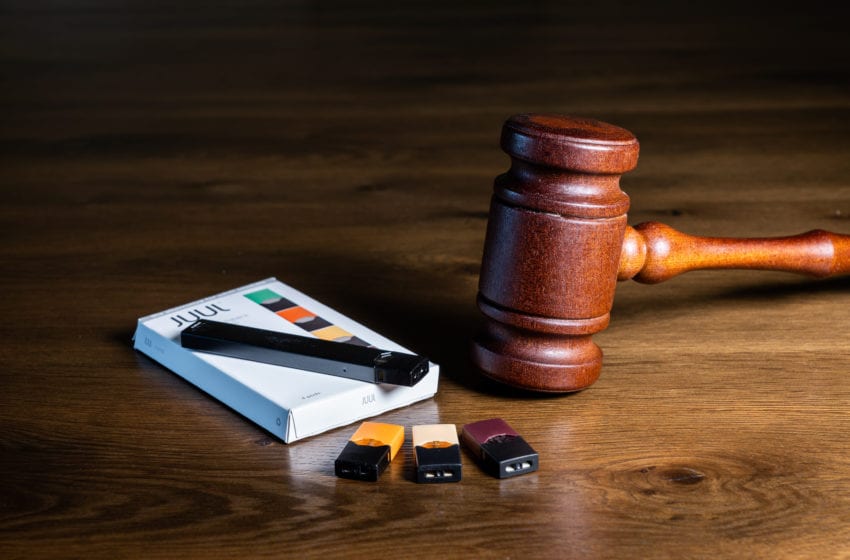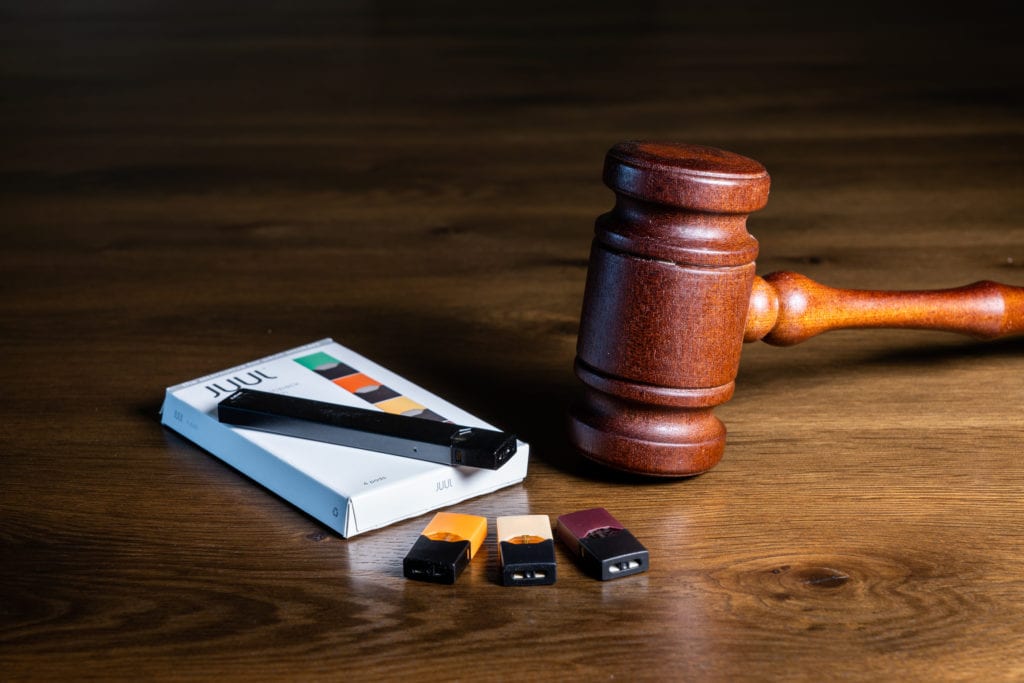The two South Florida Vape product companies are engaged in a bitter legal brouhaha over celebrity endorsements with millions of dollars at stake. Alejandro Brito, the attorney representing HQDTech USA LLC and Dummy Vapes LLC as plaintiff’s in a lawsuit against Broward County-based, SYB Entertainments Group LLC, QR Joy Inc. and QR Joy Fume LLC., claims that the rapper Tekashi 6ix9ine, whose birth name is Daniel Hernandez, entered into an exclusive contract with the plaintiff to endorse their vaping products. Brito called the endorsement contract with the famous rapper their “lightning in a bottle.”
“I’ve seen the numbers and this particular individual moves the market and was compensated very handsomely as a result of this exclusive relationship between my client and him, and the other competitors took notice,” said Alejandro Brito, attorney for HQDTech USA LLC and Dummy Vapes LLC as plaintiff’s in a lawsuit against Broward County-based, SYB Entertainments Group LLC, QR Joy Inc. and QR Joy Fume LLC.
The fighting began when SYB allegedly learned that Hernandez had entered an exclusive contract with the plaintiff, HQD, to endorse their vaping products. According to Brito, the other competitors (SYB) tried to get Hernandez to endorse their vaping products instead. They even allegedly offered Hernandez $1 million to sign with SYB, which Hernandez declined.
However, SYB then later signed a $250,000 agreement with Hernandez’s girlfriend Yailin la Más Viral who has 11 million Instagram followers. The complaint further alleges that these actions were taken by SYB to use la Más Viral’s relationship with Hernandez to take advantage of Hernandez’s and the plaintiff’s vaping product’s growing popularity.
Joshua Kon, an attorney for Stok, Kon and Braverman, which is defending Fume in the lawsuit, called the case “lukewarm,” adding that HQDTech and Dummy Vapes are attempting to illegally use and take advantage of the popularity of Fume vaping products.
“HQDTech, Dummy Vapes and its principals perpetrated an elaborate fraud on Daniel Hernandez, aka Tekashi 6ix9ine, as well as the vape consumer marketplace,” Kon said. “HQD and Dummy Vapes lied to everyone and encroached on the ‘Fume’ brand’s commanding market share, flouting Federal and Florida laws in the process.
“As a consequence, QR Joy, QR Fume and SYB Entertainment Group intend to immediately file a motion to dismiss and a substantial counterclaim to rectify these wrongdoings and hold HQD and Dummy Vapes accountable for their unlawful profiteering.”
Motion for injunction
The plaintiff’s attorney immediately filed an emergency motion for temporary and preliminary injunction. “[This was] to stop the defendants from continuing to harm the plaintiffs’ business, which has been scheduled for hearing on Nov. 16, 2023,” Brito said.
The complaint also alleges the SYB was behind a letter attempting to gain confidential documents from the plaintiffs, according to a story on law.com.
“Rather than just play it straight and wait for the contract to expire or negotiate with our clients for a buyout, [Fume] had gone the route of trying to be deceptive in forming a new company, claiming that company to be a management company for Mr. Hernandez, and asking us to produce our agreements with Mr. Hernandez under the guise of this new entity. That’s really deceptive,” Brito said.
Risks that ‘go far beyond’
At the start of this year, John Uustal, a lawyer based in Fort Lauderdale and the founding partner of Kelley|Uustal, represented rapper Flo Rida in a lawsuit against Celsius Inc., the company behind the well-known energy drink. The jury ultimately awarded Flo Rida an $82.6 million dollar judgment in compensation for breach of contract.
While not a part of the Fume lawsuit, Uustal said cases involving celebrity endorsements are “almost always insanely complicated, because there is so much more going on” than just the legal issues.
“Sometimes celebrities get taken advantage of because it’s not worth it for them to enforce their rights legally,” Uustal said. “And when they do, there are real risks that go far beyond the litigation because the litigation affects reputation.
“In a case like this, where the celebrity is not actually a litigant, the parties must still consider the ramifications of the litigation on the relationship with the celebrity.”
Uustal said this dispute does not currently have a realistic and accurate way to value the injury to HQD if the company wins on liability.
“In a case I recently went to trial on, the measure of damages was 750,000 shares of stock, which is what the contract called for if certain benchmarks were met,” Uustal said. “That’s a lot simpler than measuring how the alleged conduct affected a business,” referring to the Flo Rida win.
In the HQD v. Fume vaping case, Brito—who also represents former President Donald Trump in his South Florida lawsuit against his former attorney Michael Cohen for attorney-client privilege violations—says his vape company clients are looking for substantial damages, “which has been caused and will continue to be caused by virtue of the usurpation of sales, as well as confusion in the marketplace.”
